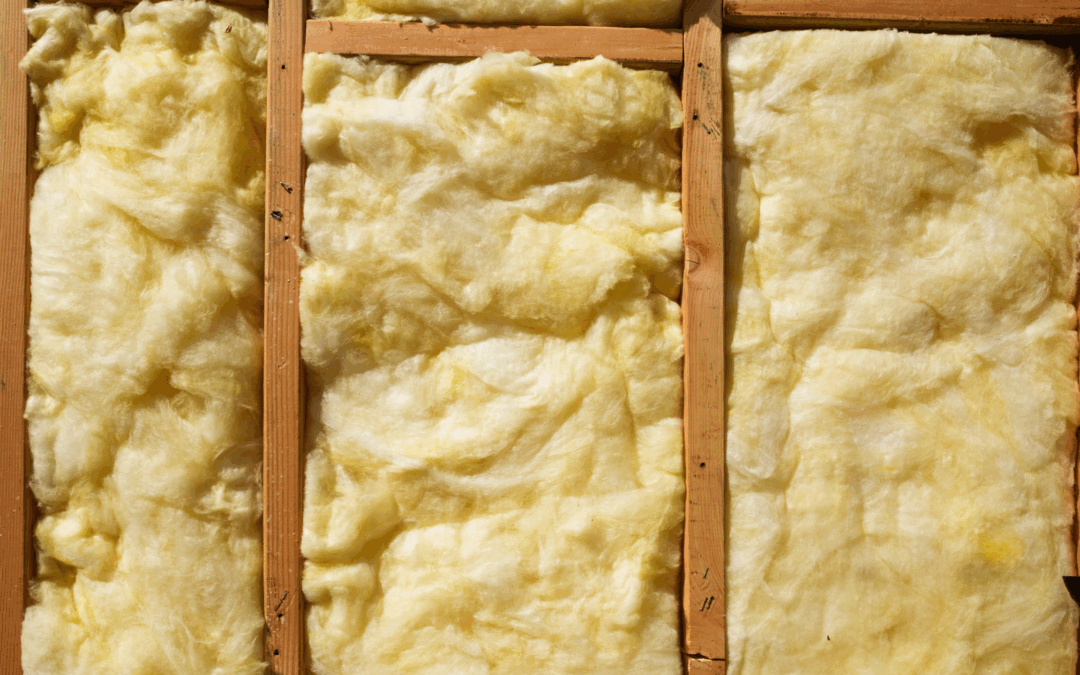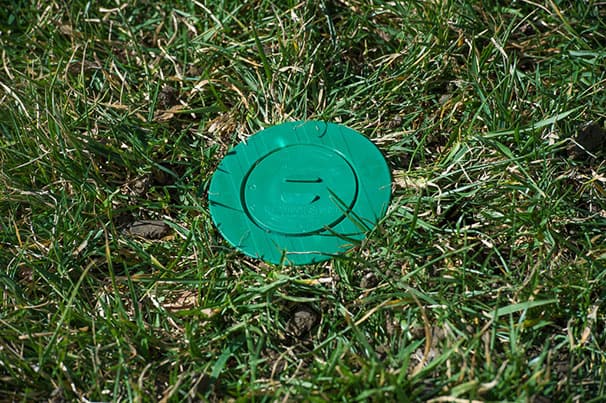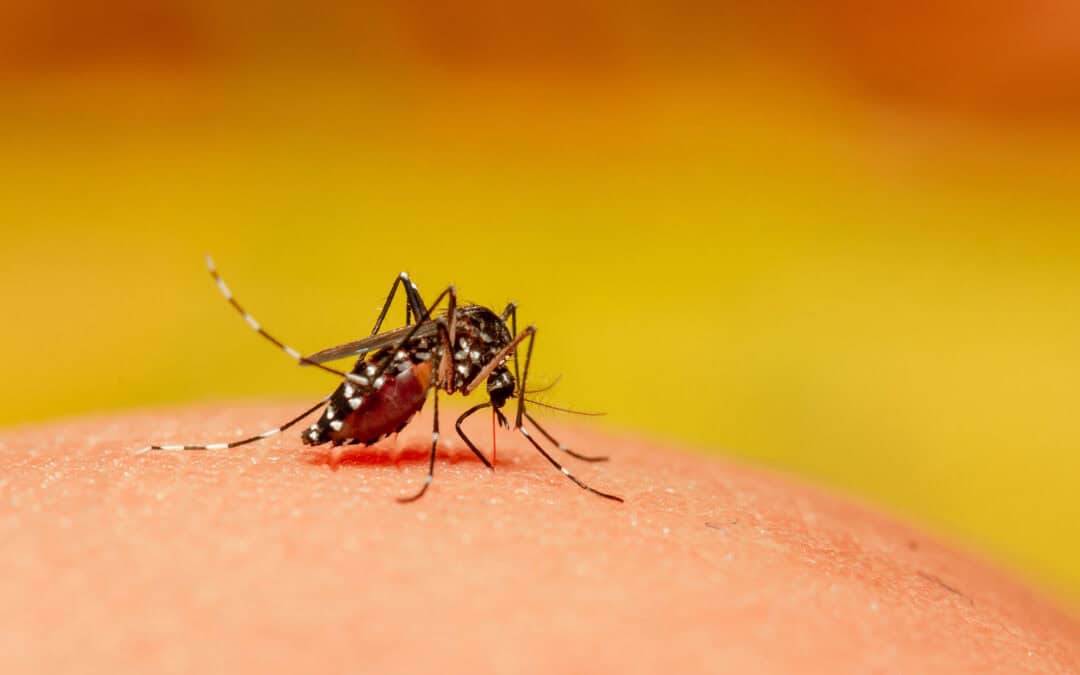READY TO GET STARTED?
REQUEST A FREE ESTIMATE
Fill out the form below or call (888) 466-7849 for a free, no-obligation estimate.

Pests are a common concern for Broward County homeowners, thanks to the area’s warm climate and lush surroundings. While traditional pest control often involves harsh chemicals, natural pest control methods offer a healthier, eco-friendly alternative. This guide covers effective strategies and natural solutions to help protect your home—without compromising your health or the environment.
The first step in natural pest control is prevention. By making your home less appealing to pests, you can reduce the likelihood of an infestation before it starts.
Pests don’t need an invitation to come inside. Small cracks, gaps, and holes in your home’s exterior are all they need to make their way in.
Pests are drawn to food crumbs, unsealed trash, and water sources. Maintaining a clean home is one of the simplest ways to keep them away.
Your yard plays a big role in pest prevention. By maintaining your outdoor spaces, you can limit the chances of pests venturing indoors.
Once your home is pest-resistant, you can add an extra layer of protection with natural repellents. These eco-friendly solutions deter pests without posing risks to your family or the environment.
Certain essential oils have strong smells that pests dislike.
Certain plants naturally repel pests when planted strategically in your yard or garden.
While DIY methods can help with light pest control, professional green pest control programs offer deeper and more reliable solutions. By working with an expert, you gain access to tailored treatments that target specific pest problems efficiently.
Many pest control companies in Broward proudly offer green pest management solutions, so look for one with a strong commitment to eco-friendly practices.
Broward homeowners have plenty of options when it comes to protecting their homes from pests in a healthy, sustainable way. By focusing on eco-friendly prevention methods, using natural repellents, and partnering with green pest control professionals, you can enjoy a pest-free home while protecting both your family’s health and the planet.

If you’ve been hearing bumps, scratches, or rustling noises coming from your attic, you’re not alone. Many South Carolina homeowners face unwelcome attic tenants, from rodents to insects, and even insulation issues that encourage these pests to stick around. To protect your home, it’s essential to know what’s causing the commotion and how to address it. Below, we’ll cover five common attic pests and how insulation problems could be making your attic the perfect place for these critters to settle.
Mice and rats are some of the most common attic invaders. These small pests can squeeze through tiny gaps in your roof or walls and quickly turn your attic into a nesting site. Once inside, they chew on wires, gnaw on wooden beams, and leave droppings that create health hazards.
Squirrels may seem cute in your backyard, but they’re far less adorable when they invade your attic. They typically enter through roof vents or damaged soffits and quickly set up nests. Left unchecked, their strong chewing habits can damage beams, ducts, and wiring.
South Carolina’s warm climate can attract bats looking for a space to roost, and your attic often fits the bill. While bats play an important role in controlling insect populations, their droppings, called guano, can pose serious health risks.
Attics are often home to a variety of insect pests, including wasps, bees, and cockroaches. Wasps and bees build nests in eaves, while cockroaches prefer warm, dark spaces near food sources. Left unchecked, these pests can lead to infestations that spread through the home.
Beyond pests, poor insulation can contribute to your attic issues. Damaged attic insulation creates a warm, inviting nest for various pests while contributing to higher energy bills and reduced home comfort.
Tackling pests and insulation issues in your attic takes a combination of prevention and professional support. Here are some tips to protect your home long-term:
By addressing these issues proactively, you can avoid costly repairs and keep your home protected, comfortable, and pest-free.
The noises in your attic may seem alarming, but they’re often a telltale sign of common attic pests or insulation problems. Whether it’s rodents, squirrels, bats, insects, or weak insulation creating the perfect habitat, taking preventive steps early on is key to maintaining a healthy home.

Green circles or disk-like plastic stations in your yard can raise questions, especially for homeowners new to pest protection and construction. Are they waste? Signs of a plant disease? Or could they be serving a more important purpose? Many residents, especially those in new constructions, notice these green zones and are unsure if they’re harmless or a sign of concern. This guide will explain exactly what those green circles are, why they’ve appeared in your yard, and what actions (if any) you should take. If you’re interested in protecting your home and understanding modern termite protection options for new builds, read on for clear answers.
You may spot small, green, plastic objects scattered in the mulch or lawn, often flush with the ground. While it’s natural to wonder if they’re part of garden irrigation or remnants from building projects, these are most likely termite bait stations, specifically from systems such as Sentricon.
Sentricon stations are round, green, low-profile devices installed flush with the soil around the perimeter of homes. These units form part of a targeted system designed to protect homes from subterranean termites, a threat that causes billions of dollars in damage in the US annually.
Bait not Barrier: Unlike chemical barrier treatments, Sentricon uses a strategic approach. Each green station contains termite bait that attracts termites searching for food.
Silent solution: Foraging termites take the bait back to the colony and share it, ultimately wiping out the population and its queen.
Continuous termite protection: The stations are always active, working round the clock to intercept termites before they can harm your home.
You’ll most often see these stations in two scenarios:
If you’ve recently purchased, built, or moved into a home, especially in areas susceptible to termite issues, it’s likely that a pest control company has installed these as part of a comprehensive prevention plan.
Many new homes come pre-equipped with termite protection due to stronger building codes and widespread awareness of risk from termites. If you’re moving into a new development or have undertaken a remodel, you might find these green circles have been placed for your protection.
A proactive homeowner, or one with a history of termite concerns, may have had these stations installed as a year-round protection plan. Unlike one-time treatments, bait stations provide consistent monitoring without the need for repeated chemical reapplications.
One of the reasons Sentricon and similar systems have become so widely adopted is their reputation for well-being and minimal environmental impact.
For maximum effectiveness, a pest control professional should inspect the stations regularly (typically every quarter or as defined in your agreement). During checks, technicians will:
Traditional termite treatments use liquid chemicals to create a barrier. Sentricon takes a different approach, prioritizing environmentally sound practices and long-term colony control.
If you’re not seeing green circles in your yard and haven’t recently discussed termite prevention with a pest control professional, now is the time to consider proactive termite protection. Subterranean termites can invade any home with wood, regardless of age or construction quality. Early detection and prevention are much less costly than repairing damage when an infestation is discovered.
Unexplained green circles in your yard are not a sign of trouble, but of prevention. Termite bait stations, especially Sentricon, represent current best practices for termite protection, featuring protecting, scientific backing, and eco-friendly design.
By understanding what these devices are, why they appear, and how to maintain them, you’re taking a key step in protecting your investment and maintaining your home’s value.
If you spot green stations in your yard, know they are working to keep your home protected and healthy. Keep them visible, in good condition, and notify your service provider of any issues. If you’d like to ensure your new construction is protected, or if you’re unsure if your current home has proper termite defense, contact a licensed pest control professional for advice or an on-site evaluation.
A small green circle today can mean the preservation of your home for decades to come.

Naples is known for its beautiful weather, lush surroundings, and outdoor lifestyle. Unfortunately, it’s also a perfect environment for mosquitoes. The city’s warm, humid climate, paired with frequent summer rains, creates ideal breeding conditions for these pests. Mosquitoes are more than just a nuisance; their bites can transmit diseases like West Nile virus, Zika, and dengue fever. To truly enjoy life in Naples without constant mosquito problems, you need a reliable and eco-friendly solution. That’s where the innovative In2Care Mosquito Control System comes in.
The natural beauty and climate in Naples come with a downside. Mosquitoes thrive in warm, wet environments, and the rainy season creates plenty of standing water for them to lay eggs. This can make outdoor activities uncomfortable and even harmful. Traditional chemical-heavy treatments often provide short-term relief but may harm beneficial insects, pets, or the environment. To combat mosquitoes effectively and sustainably, a smarter approach is offered.
In2Care Mosquito Control is a revolutionary way to protect your home from mosquitoes without relying on harmful pesticides. This system focuses on prevention by targeting mosquitoes at their source with a unique, environmentally conscious design.
Families in Naples face a unique challenge when it comes to mosquitoes. Traditional mosquito control sprays may provide temporary relief but often require frequent reapplication, involve harsh chemicals, or fail to target mosquitoes at all life stages. These approaches don’t always prevent mosquitoes from returning.
With In2Care, you get long-lasting results and peace of mind. Here’s why it’s an ideal choice for your family:
The In2Care Mosquito Control System offers Naples families an eco-friendly way to combat mosquito problems effectively. With its innovative design and ability to target mosquitoes at their source, it not only reduces mosquito populations but also makes your home healthier and more comfortable for your loved ones.
Say goodbye to itchy bites and constant sprays. With In2Care, you can enjoy Naples’ outdoor beauty without the worry of mosquitoes. Protect your family, prioritize the environment, and make the most of your time outside. Contact your local pest control provider to learn more about installing an In2Care system today!

Alabama’s warm, humid climate makes it a hotspot for pests like fire ants, mosquitoes, termites, rodents, and cockroaches. These uninvited guests can disrupt your home’s comfort and even cause damage—but eco-friendly pest control strategies can help keep them at bay. Check out our guide to green pest control strategies you can use in your Alabama home.
Knowing what you’re up against makes prevention easier.
Using natural solutions protects your family and the environment while still keeping your home pest-free. Proactive habits like sealing cracks, reducing moisture, and using plant-based repellents offer long-term protection without harsh chemicals.
With a few smart steps, you can enjoy peace of mind and a pest-free home all year long—the eco-friendly way. Reach out to your local pest control experts to help you along the way.